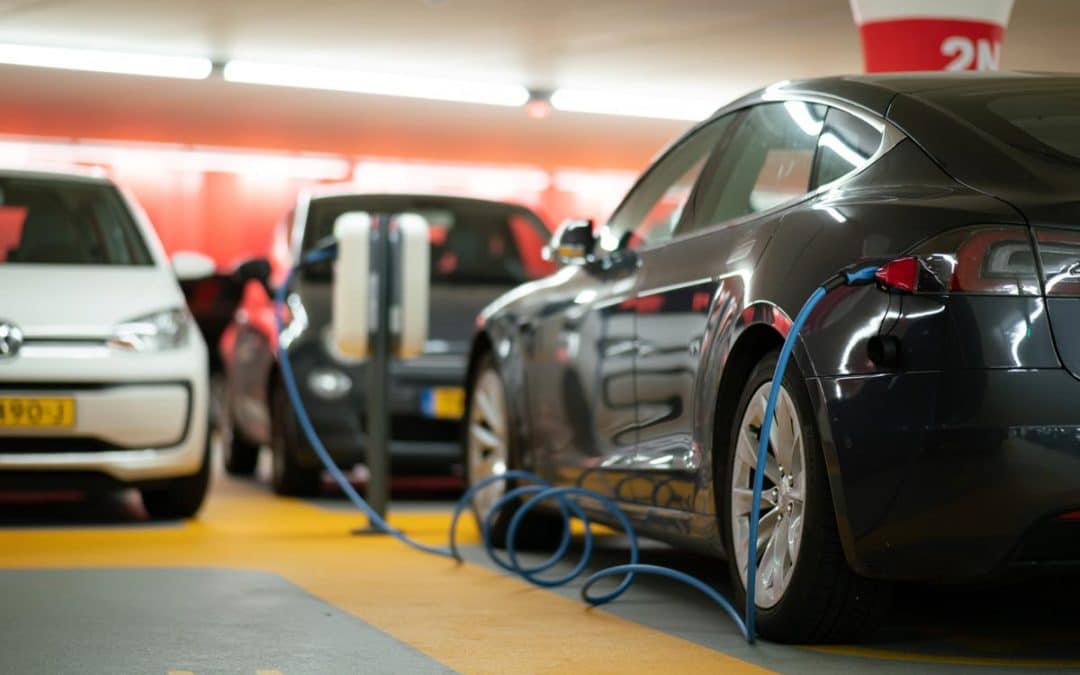The car rental market is changing, hire companies now offer a variety of solutions as standard to address their corporate clients’ needs. Indeed, operators have undergone a significant change in their business models to remain competitive and enhance profitability, by including, among other services, car sharing in their offer.
Why car rental turned to offering mobility solutions like car sharing?
Rental companies have decided to look for new income sources for several reasons.
First, the increase in oil prices: the barrel reached (Wednesday, April 25), its highest level since 2014, at $74. This inflation is directly influencing the car rental industry: as the price of oil rises the cost of car rental products are also becoming more and more expensive in order to compensate. All of this will directly affect the purchasing power of consumers.
The tightening stringent vehicle emission regulations also push car rental to review their strategies. A recent example : Paris mayor, Anne Hidalgo, has plan to ban all diesel vehicles from the city by 2024 when hosting the summer Olympics games, and all gasoline-powered cars by 2030. Being an active part of the green movement seems like a smart decision for car rental companies.
There is another reason. Not so long ago there was a world where owning a vehicle was a guarantee of freedom, well this world is over. Indeed, Millennials are shaking up the transport sector!
More and more people decide to avoid owned-car expenses. For many of them, the improvement of public transportation and car sharing are the solution. But that doesn’t represent competition for car rental, rather the opposite.
“Notre génération est dans l’instantanéité, l’événement doit être aujourd’hui instagrammable. Elle préfère la qualité à la quantité, l’expérience à la propriété. On est dans l’#Empowerment de soi-même” @RuthyAtlan @auditoire #sytrennes
— Lionel Malard (@Lionel_Malard) 5 juillet 2018
« Our generation is instantaneous, today the event must be “instagramable”. We prefer quality to quantity, experience to ownership. We are in the self – Empowerment »
During an event in Rennes on the theme “Aesthetics of the meeting” Madam Atlan summarizes perfectly the current generation, but we will retain this passage “We prefer (…) experience to ownership”.
For generation Y, the desire to access goods and services is ahead of ownership. They prefer more flexible models like car rental or car sharing. Moreover, air pollution due to city traffic is a health threat that particularly affects millennials.

This ecological consideration as well as all the reasons explained upstream brought a new economic dynamism in the market and it is only the beginning.
Indeed, according to Navigant Research, the revenue from global car sharing services is expected to reach $6.5 billion USD by 2024. In 2015, this sector was worth $1.1 billion USD. The trend is growing very fast.
For example, in 2005, Enterprise Car Share offered hourly car rental for the first time. Today, they offer car sharing in 35 States of the United States of America, Canada and the UK.
In 2008, Hertz Corp. launched a car sharing service called Hertz 24/7, a program that allows you to rent cars by the hour.
In 2011, DriveNow, a joint venture between BMW and the rental company Sixt, has become the third largest car sharing system in the world
In 2013, Avis acquired Zipcar, the second largest car sharing solution. The same year Zipcar reported revenues of $296 million.
The rental companies have really rethink their business plan by adding car sharing to their offer. It is necessary to meet the new market expectations by offering a packaged offer including the vehicles plus the car sharing service. Finally, this kind of service generates profits, reduces carbon footprint and the TCO is lowered by 30%.











0 Comments